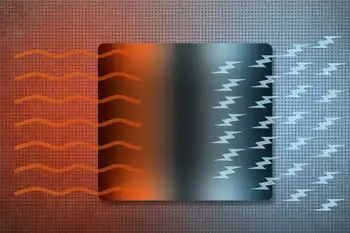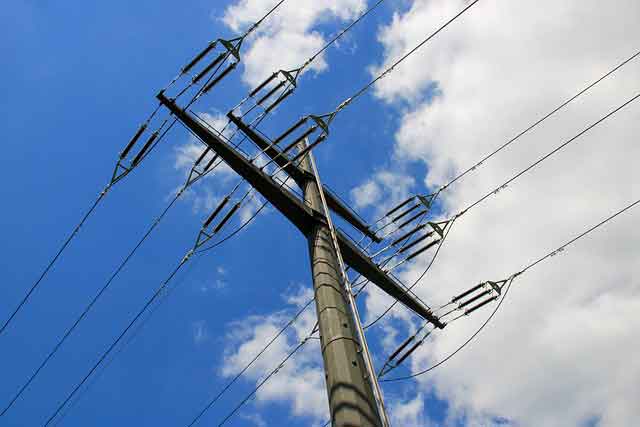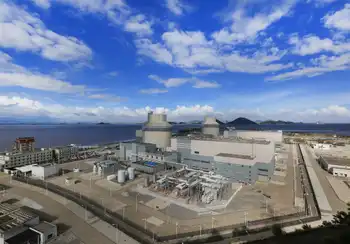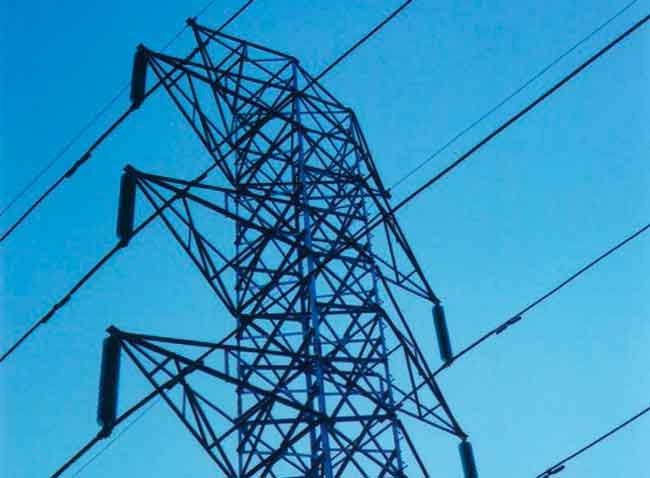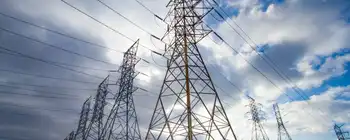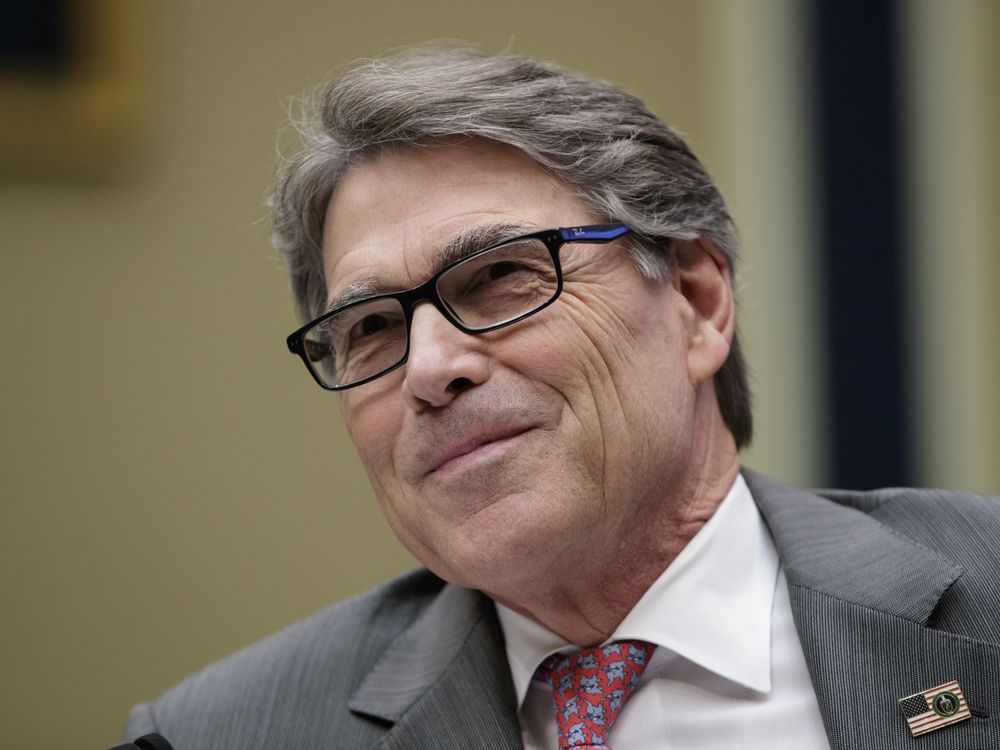Europe firms up plans to strengthen nuclear capacity
By Industrial Info Resources
Substation Relay Protection Training
Our customized live online or in‑person group training can be delivered to your staff at your location.

- Live Online
- 12 hours Instructor-led
- Group Training Available
GDF Suez and Iberdrola have already formed a 50:50 business partnership in order to bid for development sites being sold by the Nuclear Decommissioning Authority (NDA) and EDF Development Company. Iberdrola and SSE have also entered into a similar joint venture. In the new venture, Iberdrola and GDF Suez will each have a 40% stake, while SSE will have a 20% stake.
The British government has set a deadline of March 31, for the companies to secure their sites. The formation of the joint venture is well within the framework of the UK's nuclear new build program that aims to replace the country's ageing plants and also foster competition in the nuclear power-generation sector.
Meanwhile, Europe's largest engineering company, Siemens AG, has announced that it will work with Rosatom Nuclear Energy State Corporation in an effort to jointly strengthen the position of the two firms in the nuclear power market. Rosatom's chief, Sergei Kiriyenko, stated that the market interests of both the companies are similar, and hence their combined potential will boost the positions of both the firms in the market. The two companies intend to form a working group by the end of April this year for joint development of projects.
The alliance between Siemens and Rosatom has given rise to speculation that the two firms would soon form a joint venture. Reports suggest that Siemens is considering the formation of a joint venture with Rosatom-owned Atomenergoprom after selling off a 34% stake in nuclear-reactor builder, Areva NP, a subsidiary of Areva SA.
Areva is Rosatom's direct competitor, and with Siemens' departure from the association, Rosatom would be able to cooperate more closely with Siemens. According to reports, Siemens would be selling off its stake in Areva for about $2.6 billion.
Across the English Channel, French energy supplier, Electricite de France SA (EDF), intends to set up France's second next-generation European pressurized reactor (EPR) in Penly, located in northern France. GDF Suez, in which the government has a 35% stake, will have a minority stake in the venture.
According to President Nicolas Sarkozy, GDF Suez could be the possible developer of a third EPR at a site that has yet to be selected. Construction of the Penly reactor is scheduled to begin in 2011.
The first EPR of France is currently being developed near Flamanville, also in northern France.
Since France draws about 80% of its electricity from the 58 nuclear power plants in the country, the plan to build the Penly reactor seems like a prudent decision. However, the decision to build the Penly reactor has attracted a lot of criticism from many quarters. Environmental organization Greenpeace calls it a dangerous and illegitimate decision that is nothing but an effort to provide state-run EDF with a massive contract.





